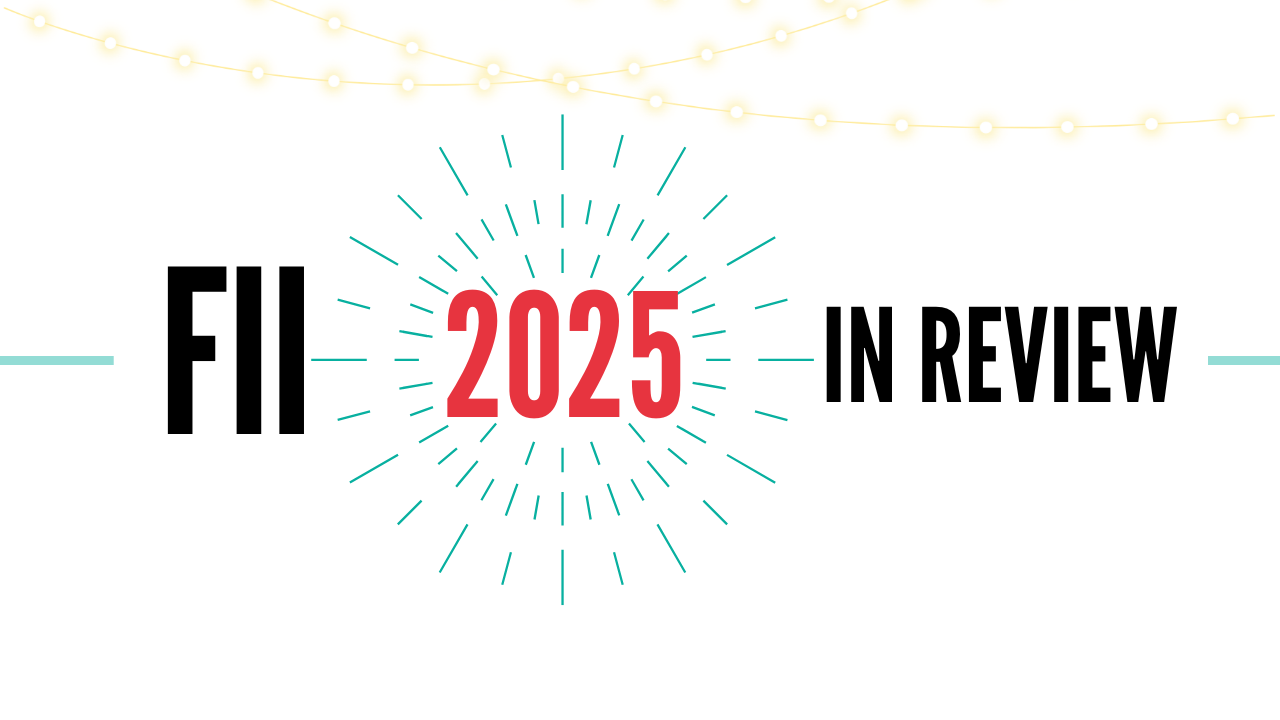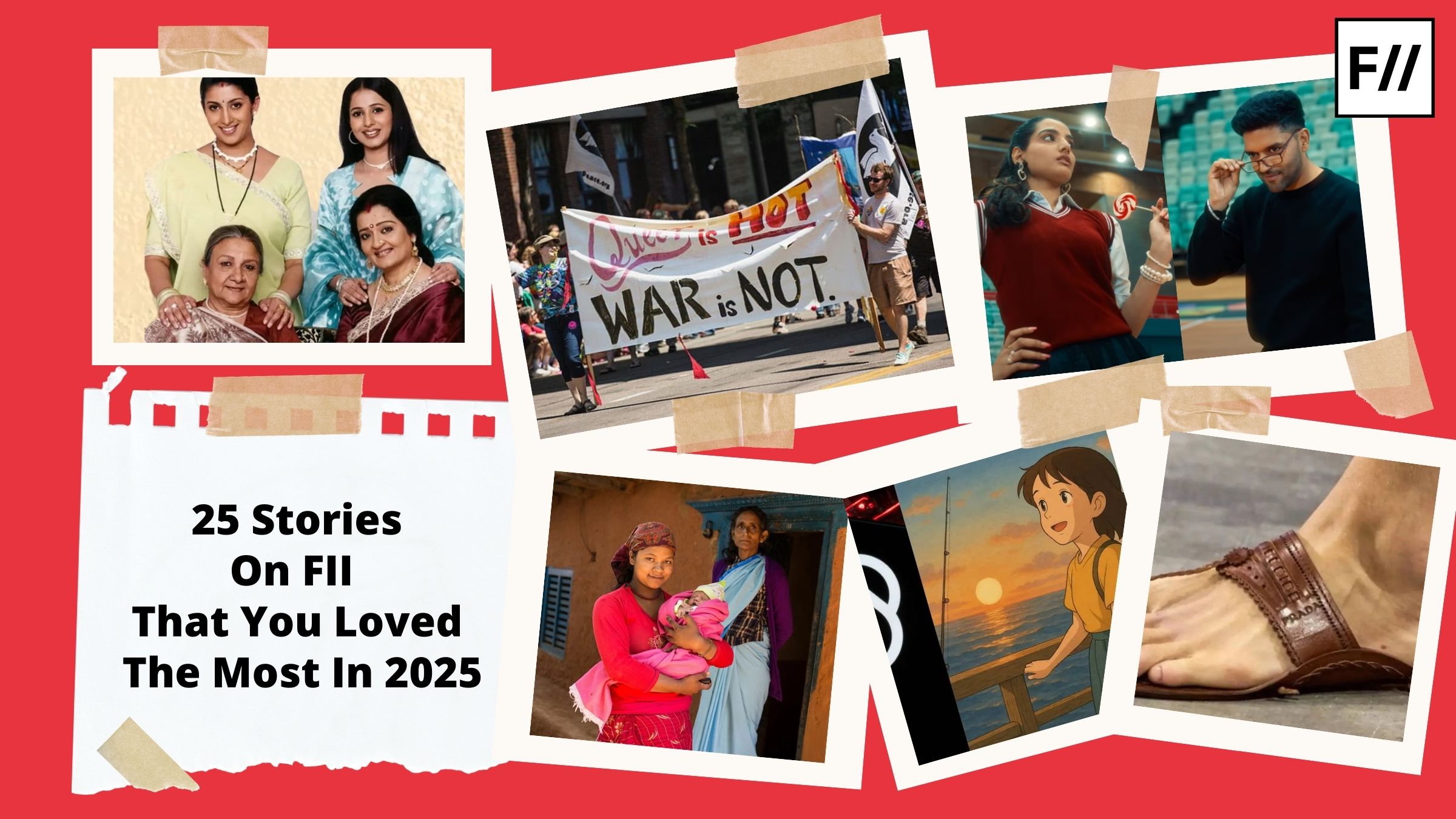We have been featuring the best writers from our writers’ community for their committed contribution to FII, making it what it is today. FII would not exist if not for the passionate and loyal feminist writers’ community that we have steadily been building over the last few years. This November, we feature Lakshmi Prakash.
Lakshmi Prakash enjoys learning about and working in the intersection of psychology, neuroscience, and AI. She finds happiness and sadness in the fact that no matter how much she has learned, all that could still be less than 1-millionth of a percentage of all the interesting things in the universe. Some of her popular articles include How Advanced Technology And AI Endangers Women And Gender Minorities, What Does ‘O Womaniya!’ Report Say About Representation Of Women In Cinema In 2023, The Railway Men Review: A Male-Centric Indian Soap Opera among others.
FII: Tell us a little about yourself and what you do
I am a conversation designer and a hobbyist writer.
FII: How did you become a part of the FII writer family?
I used to read articles on FII, I was impressed with the work FII was doing, so I decided to send one of my pieces to FII, and when it got accepted, I was happy. Since then, I have enjoyed writing for FII whenever I get the time.
How and when did you become a feminist? – I became a feminist in my high school days, but at that age, my understanding of feminism was just about how much women are oppressed in a patriarchal society. Only later, during my college days, I learned about intersectionality.
FII: Which issues within feminism are close to your heart?
I dream of that ideal world where nobody anywhere on earth would have to go through social injustice just because of their gender or sexual orientation or any other social identity.
FII: What is your favourite piece on this site that you have written, and your favourite piece on this site that you have read? Why did they strike you?
I would say that What To Do When A Client’s Behaviour In Therapy Becomes Unacceptable? is one of my favourite pieces because I rarely see such important conversations coming up anywhere in the world of mental health professionals. Trying to force a friendship or emotional or sexual connection that can make a therapist feel unsafe is something senior professionals must be aware of and young therapists require support from seniors, mentors, and the law.
There are many articles on the website that I like, but since I can pick only one, The Male Leftist Trope: Yes I’ve Read Marx, Can We Have Sex Now? is one of my most favourite pieces. I like this much because I can personally relate to this. While I come from a highly secular family, and I can’t hate anyone for their identity, when the fascist folks wanted me to hate all Muslims, I ended all contact with them. But the misogyny, patriarchy, and perversion I have had to face did not end there. There are so many men, from any political or religious or caste or class or gender identity that exists, who misuse their identity label to justify their misogyny and misbehaviour. This puts anti-fascist, feminist, left-leaning women in very difficult positions because not only do they try hard to silence your voice but they regularly say and do everything that they say that only “other men” do, quick to name you “anti-them” and “pro-other”. We intersectionalist feminists have to fight harder because there is misogyny and inappropriate, scary behaviour almost everywhere. It is a long battle, but together we will fight.
FII: What do you like to do when not writing about gender and social justice?
When I am not writing about gender and social justice, I like to write novels and read about subjects that are completely new to me.
FII: What do you like about FII and our work?
In my opinion, FII is truly intersectional. All of us believe in a common cause and there is no “othering” here, as we all learn from one another.
FII: What more would you like to see from us?
I would like to read more about the perspectives of women and queer folks from many different parts of the country and different social, political and professional spaces because that is the only way we can learn realities outside our little, familiar circles.
FII thanks Lakshmi for her timely and valuable contributions. We are incredibly grateful to have her as a part of our writers’ community and appreciate her for the deeply informative writing.
About the author(s)
Feminism In India is an award-winning digital intersectional feminist media organisation to learn, educate and develop a feminist sensibility and unravel the F-word among the youth in India.




